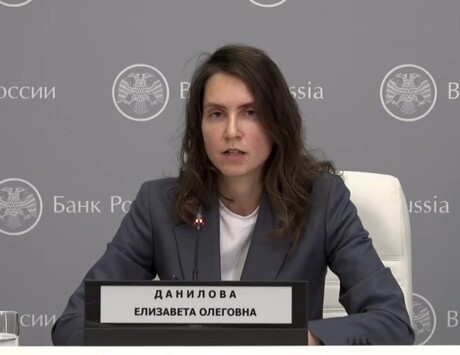Esteemed Colleagues,
The agenda of the EU-Russia meeting in Rostov-on-Don is devoted to economic cooperation between Russia and the European Union. The top priority is mutual investment aimed at creating jobs and boosting the production of goods and services, modernisation and innovation. In this respect I would like to share our experience within a large investment project in the EU in 2006-2010.
In 2005, the National Reserve Corporation (NRC) decided to invest in the development of air transportation between Russia and the EU. With this in mind, NRC purchased a 48 per cent stake in German air carrier Blue Wings, while at the same time starting the Red Wings company in Russia. Blue Wings used new medium-range Airbus aircraft produced by EADS, while Red Wings relied on Russian-made equipment. Among other things, the project was aimed at stimulating the development of both countries’ aviation industries. NRC planned to consolidate its leasing, carriage and tourism businesses in the future, servicing up to 10 million people a year. An idealist by nature, I dreamed of further integration between Russia and Europe.
Over €80 million has been invested in Blue Wings over the past few years. Relying on European loans, NRC’s Swiss subsidiary Alpstream AG purchased 12 Airbus aircraft and contracted to buy another 15 from EADS. Total investment in the project, including equity, loans and interest paid, exceeds €500 million – perhaps Russia’s biggest investment in Europe. At first, everything seemed to go well, with Blue Wings making it into Germany’s top five carriers in 2008, with robust passenger traffic of 1.3 million. Red Wings fared well, too, with 1 million passengers and a fleet of new Tu-204 aircraft produced in Ulyanovsk.
In March 2009, Germany’s national civil aviation authority Luftfahrt-Bundesamt (LBA) suddenly suspended Blue Wings’ operations, due to the company’s alleged failure to comply with cash reserve requirements. The month-long stoppage caused irreparable damage to the company’s finances and reputation. Having effectively ruined Blue Wings, the German authorities persuaded us to continue subsidising it: while they were perfectly aware of the company’s hopeless situation, we were not. Blue Wings went bankrupt in early 2010.
Our investigation revealed that the real reasons for Blue Wings’ insolvency had little to do with commerce. The company was developing on the same lines as Enron, Parmalat and Bernie Madoff’s fund. For some reason, national regulators showed remarkable short-sightedness in each of these cases. Blue Wings’ demise was the result of abuse by German management and certain unscrupulous officers from NRC, who over a number of years had siphoned off and laundered our investments, created fraudulent schemes involving fake firms, and performed dodgy operations with Iranian air carriers, along with embezzling funds and spare parts.
Tellingly, NRC – the only investor – not only suffered losses, but in fact was made the scapegoat. It was against NRC that claims were made during the ensuing bankruptcy proceeding: an A-321 aircraft purchased at the end of last year, which had nothing to do with Blue Wings, was seized in Dusseldorf. Our repeated appeals to the German authorities have so far been to no avail.
Moreover, the liners we purchased for Blue Wings through General Electric’s subsidiary GECAS have also been seized by GECAS’s subsidiary bank, PikAir (Luxembourg), which financed the deal. Bravo, European raiders, we are well impressed! While NRC serviced its loans properly, the idea was to bill it for “the restoration of flight capacity”, in other words, for repairs. The amounts were hugely overstated and had no justification. Our requests to access the relevant technical documentation were all rejected, while the planes themselves were sent to different parts of the world – the United States, Israel and even New Zealand. Finally, they were auctioned off in London on 18 May. The auction took place in the offices of GECAS’s law firm. The American company sold our planes to itself.
Our European colleagues often complain about Russia’s terrible business manners. During the recent meeting of Russian President Dmitry Medvedev with representatives of foreign venture funds, they again lamented Russia’s poor business climate. If I could talk to EU authorities, I could tell them many interesting things about how investors are treated in their home countries. Indeed, the comparison is not in their favour: Russia’s Red Wings is still operating successfully, with its passenger traffic up 55 per cent last year.
Alexander Lebedev
Chairman of the Board of Directors, National Reserve Corporation



